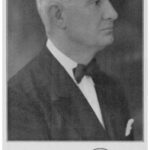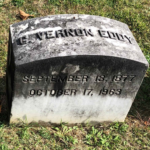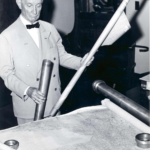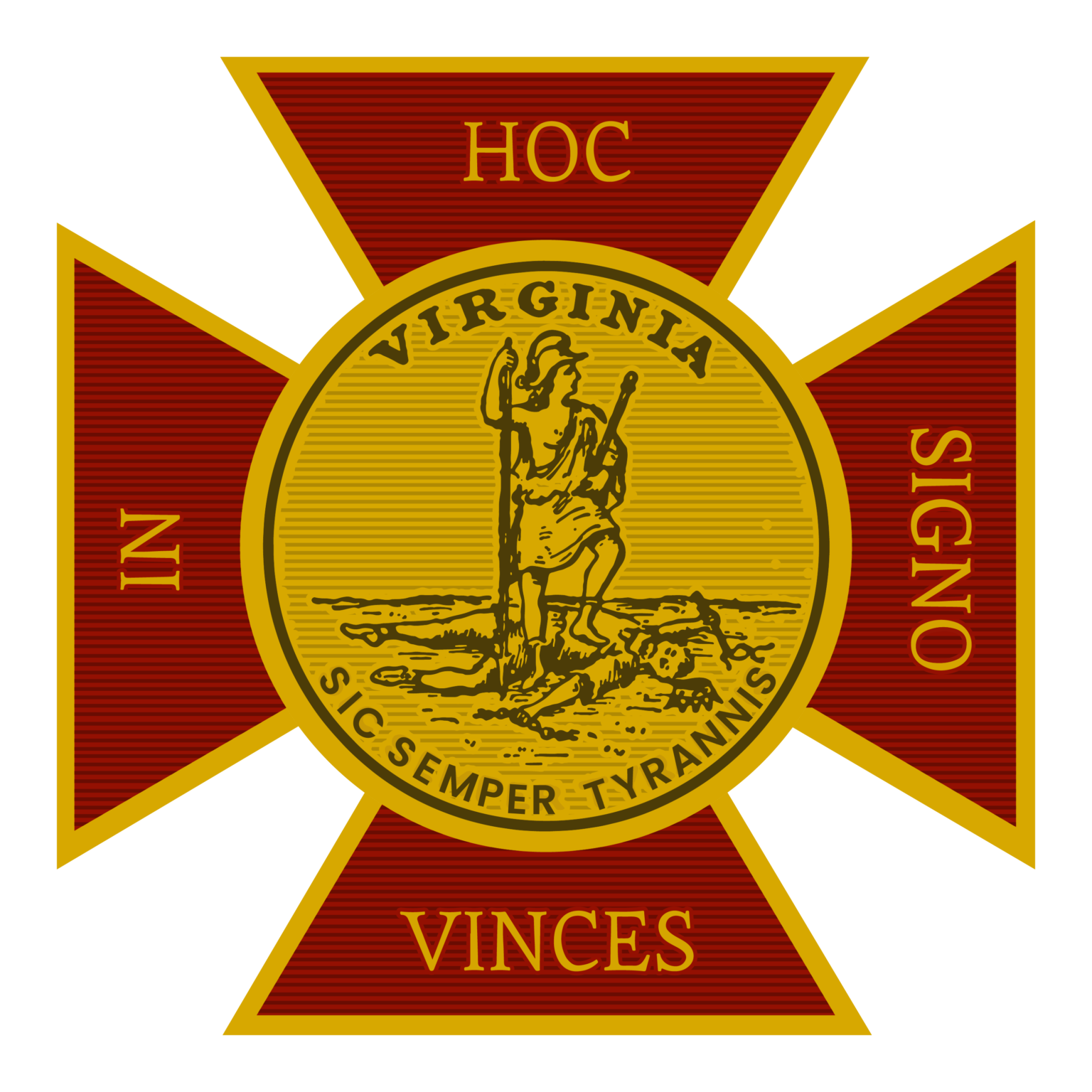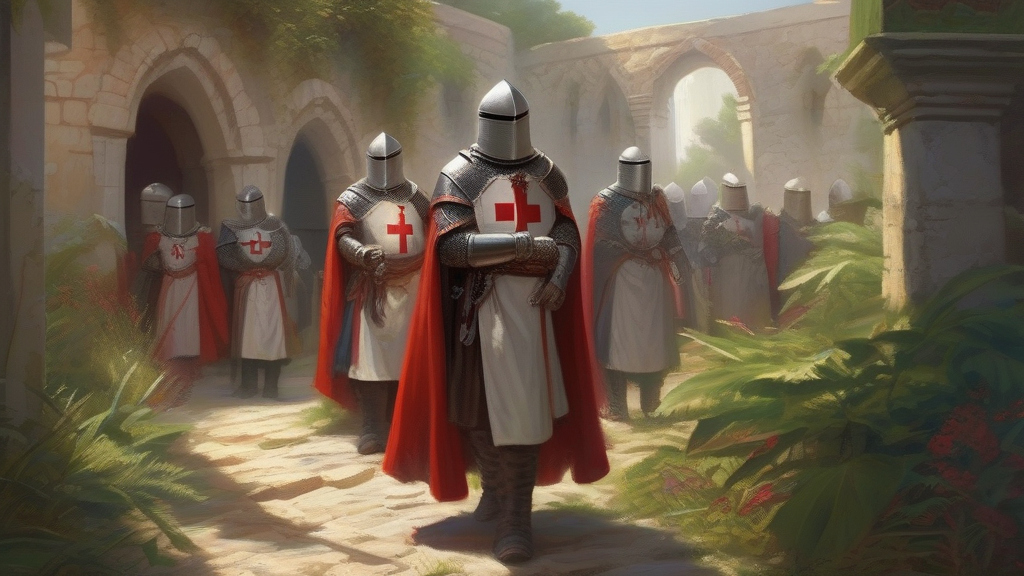
Charles Vernon Eddy
(1877 – 1963)
A decade after the Civil War, a time when Winchester, Virginia was still rebuilding from six major battles in the War Between the States, Charles Vernon Eddy was born to Florence Alberta “Bertie” Snapp Eddy and James Clarkson Eddy, a millwright. (virginia.gov) His father passed when he was only 11 years old. At 15 years of age, he and his brother established a printing business while studying at the Shenandoah Valley Academy, prep boarding school. (Ridgeway, 2021) The business eventually grew to be the largest printer in the state of Virginia with an office in New York City. They sold the business in 1904 due to financial troubles, but Eddy stayed on until 1907. During that time, he married Katharine Graham Kurtz and eventually moved to Philadelphia to be the assistant manager at a large printing house.
In 1913, he moved his family back to Winchester to take charge of the Handley Library, a position he held for 46 years. The library and a high school both, bearing the Handley name, were built at the bequest of John Handley, a Pennsylvania judge.
Librarian of the Hadley Library
Eddy’s forty-six-year tenure as the head librarian of the Handley library was highly successful. Not only was the head of the library, but he also served as the secretary to the Handley Fund’s board of trustees from 1920 to 1960, and as treasurer from 1931 to 1960. He scouted out and encouraged the donation of family manuscripts and collections, established an archive, and expanded the library with historical reference collections. Through two World Wars, he collected and donated books to soldiers off fighting in the wars.
Notable among his successes was the collection of maps of Jedediah Hotchkiss, who during the Civil War, served as cartographer and topographer for Thomas J. “Stonewall” Jackson and Robert E. Lee. For over a decade, Eddy worked to ensure that these invaluable maps were available to researchers. In 1948, the Library of Congress purchased the entire collection. The Hotchkiss’ granddaughter was so thankful to Eddy for his efforts, that she gave three Hotchkiss maps to the Handley Library.
Eddy’s work as a librarian wasn’t exclusive to the Handley Library. He served as president of the Virginia Library Association, and the Virginia representative to the American Library Association’s governing council. For thirty years, he also served as the secretary of the local Red Cross chapter. He was the founding director of the Winchester Rotary Club and was also the founding secretary of the local historical society. Early in his professional life, at twenty-one years old, he was raised to the Sublime Degree of Master Mason in Winchester Hiram Lodge No. 21.
Freemasonry
- Vernon Eddy served as Grand Commander in 1925-1926, Grand Master of Masons in 1937, and Grand High Priest of Royal Arch Masons in 1941. His complete Masonic resume is quite extensive and is included as a supplementary addendum. SK Eddy was initiated, passed, and raised in Winchester Hiram Lodge No. 21, served as Master from December 1906 to November 1907 and was secretary from 1918 to 1953 (35 years). He was a member in both the York Rite and Scottish Rite, attaining Grand Captain General of the Grand Encampment, Knights Templar of USA and Coroneted Inspector General Honorary, 33°.
Grand Lodge of Virginia
In 1936, the year before being elected Grand Master of Masons in Virginia, SK Eddy attended the 200th Anniversary of the AF&AM Grand Lodge of Scotland. During the evening, as the haggis was served, he jokingly commented on the screeching of the bagpipes accompanying the presentation of the haggis. The humorous comment ensured good-natured banter between the Scottish and Virginia Grand Lodges would continue in his year as Grand Master.
Grand Chapter of Virginia
Most Excellent Eddy served a 21-month tenure as Grand High Priest, due to the untimely death of the elected Grand High Priest, Most Excellent Albert S. Burnham, three months into his term. During the 1941 Grand Royal Arch Chapter Annual, his fellow Companion from his home John Dove Chapter No. 21 in Winchester, was quoted in the 1941 Proceedings of the Grand Chapter saying,
“…for the benefit of those who do not know C. Vernon Eddy, I would like to say to you that he is one of the outstanding citizens of Winchester, and that he is in reality the soul of his city, a gentleman of the very highest type, a companion of the highest order; and this evening it is indeed a great pleasure and privilege for me to be thus honored, to try to express to you, in behalf of John Dove Chapter, our appreciation of the fine service you have rendered to the fraternity in its various branches.”
Grand Commandery of Virginia
Alike his tenure as Grand High Priest, he served as Grand Commander for almost 2 years due to the untimely death of the elected Grand Commander, Rt. Em. Sir Sol Cutchins. It is better, sometimes, to explain a man by quoting his own words. SK Eddy writes prophetic words in his report in the 1925 Proceedings of the Grand Commandery. He writes what we might today take heed,
“Twelve Commanderies report to the Inspector that they have made no special effort in the way of social functions to increase attendance and interest in their members. It is significant that practically all Commanderies so reporting also report unusually low averages in attendance at conclaves and a poor showing at Inspection. It is my opinion that a Commandery that has good attendance and interest in its work is a better Commandery than one that has money in a bank. I venture to suggest to those Commanderies that really want a revival of interest that they have an occasional ladies’ night, notifying each Sir Knight that he will be expected to pay for his own supper, but that the Commandery will pay for the supper of his wife or lady accompanying him. This pulls two ways. Stag suppers are all right, but my experience leads me to believe that a little food and good talk on Templarism for our wives and sweethearts will always have a good effect on interest in Commandery affairs and consequent reflection in attendance. In no better way can some of the Commandery’s money be spent.”
As a Master Mason, C. Vernon Eddy had hardly a peer in his devotion to our craft as evidenced
from the eloquent words from A. Douglas Smith, Chairman of the Committee on Memorials:
“It has been said by many, that Charles Vernon Eddy looked like and acted like a Grand Master at all times. It is said that he could make one of the most moving Masonic talks while apologizing for his inability to speak.
“He was one of the finest examples of the traditional Southern Gentleman, and although not inclined to be belligerent, never failed to “stand up and be counted.’
“His friendship was never lightly taken. Whatever the personal sacrifice might be to him, his loyalty to a friend was paramount. Although he was one of four men in our time who had presided over the three York Rite Grand Bodies in Virginia, and one of three who was also an Honorary Member of the Supreme Council A.A.S.R of the Southern Jurisdiction, he was humble as any man could have been, sweet and understanding of the youngest and wisest. He was known and beloved throughout the entire Masonic world, and rightly so.”
“Uniquely, he was one of two men in the history of the DeMolay movement to have had a Chapter named for him during his lifetime, and which was done with the blessing of the late Founder and Secretary-General, Frank S. Land.”
Brother C. Vernon Eddy laid down his working tools on October 17, 1963. He is buried next to his wife, who died on March 5, 1953, in Winchester’s Mount Hebron Cemetery.
Supplemental: Masonic Resume
Name: Charles Vernon Eddy (C. Vernon Eddy)
Born: 9/13/1877; Deceased: 10/17/1963
Symbolic Lodge: Winchester Hiram Lodge, No. 21
Entered Apprentice: 3/24/1899
Fellowcraft 4/4/1899
Master Mason 4/11/1899.
Master: December 1906 to November 1907
Secretary: 1918 to 1953 (except 1937)
DDGM: 1916 – 1917
RA Chapter: John Dove Royal Arch Chapter, No. 21
Exalted: 1900
High Priest: 6/12/1903 – 11/8/1907
Secretary for over 30 years
Commandery: Winchester Commandery, No. 12
Knighted: 1900
Grand East in Virginia
Grand Commander: 1925-1926
Grand High Priest: 1941
Grand Master: 1937
Grand Encampment of Knights Templar, USA
Grand Captain of the Guard of the Grand Encampment, Knights Templar of USA: 1947
Forced to retire as Grand Captain General in 1961 due to failing health.
Scottish Rite: 6/2/1938
Knight Commander of the Court of Honor: 10/21/1947
Coroneted: Inspector General Honorary, 33°, 10/23/1953
Other Appendant Bodies
Grand Sovereign of the Grand Imperial Council, Red Cross of Constantine,
Celebrant of Virginia College, Societas Rosicruciana in Civitatibus Foederatis,
Deputy of Virginia of the Royal Order of Scotland,
Member of the Directors of the National League of Masonic Clubs.
Sovereign Grand Master of the Grand Council, Allied Masonic Degrees, USA: 1948
Grand Master General: Knights of the York Cross of Honor:
Prefect of the Great Priory of America, Chevaliers Bienfaisants de la Cite Sainte.
Past Grand Preceptor of the Grand College of America, Holy Royal Arch, Knights Templar Priests.
Sir Knight David Myring Strohsahl, Grice Commandery No. 16 & Virginia Beach Commandery No. 36



